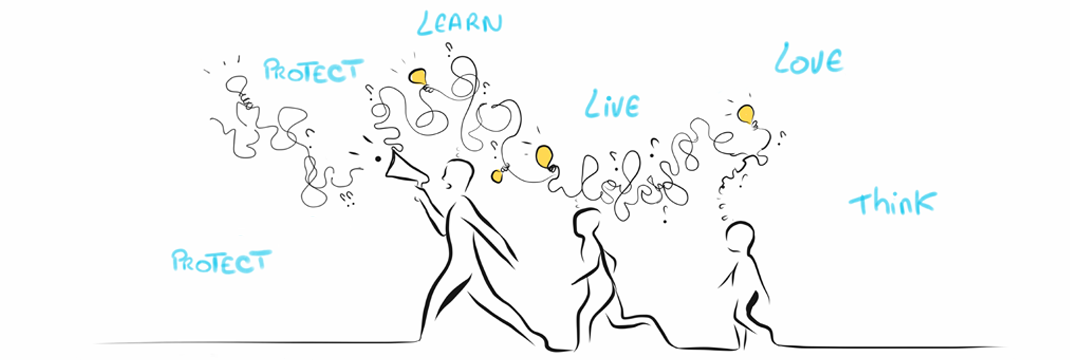
The Jean-Paul Sartre’s brochure “Existentialism Is a Humanism”
The aim of the essay is to review the Jean-Paul Sartre’s brochure “Existentialism Is a Humanism” that was published in 1946. The essay consists of several parts that reveal the content of the brochure, its basic meaning, presents critique and my own observations so that it is possible to estimate the consistency of Sartre’s thinking in the brochure.
I think it is important to emphasize that the text of a university Sartre’s lecture served the basis for the pamphlet. In this lecture, Sartre offers its listeners the classification of existentialism and then, in this context, his understanding of the relationship between humanism and existentialism. Sartre claims that the main task of his work is to protect existentialism against unfair criticism.
The most important charge against existentialism is the accusation of quietism. This is religious and ethical teaching. Its basic ideas are associated with a passive, contemplative attitude to life, the abandonment of vigorous activity, and indifference to good and evil. Sartre cannot agree with this interpretation of existentialism. He says that inactivity and despair are not properties of existentialism. He argues that, on the contrary, according to the principles of existentialism, people are free to choose their preferred form of activity.
The following charges related to the claim that existentialism, emphasizing the negative aspects of human nature, waives the analysis of its bright side, consider man only as an isolated being, and so on. Sartre does not accept this charge, too. Denying it, he appeals to humanity consistently clarifying the meaning he puts in the assertion of the unity of existentialism and humanism.
Sartre, as we know, distinguishes two kinds of existentialism. The first one he calls the Christian existentialism and claims that Karl Jaspers and Marcel are its representatives. The second type of existentialism he defines as atheism relating it to Heidegger and French existentialists, including himself.
Sartre comes from the fact that “existence precedes essence” (4). In his view, it is difficult to immediately identify the person because at first, he is nothing. Man becomes man only later when he makes himself. Sartre sees this as the most important principle of existentialism, which he associates with subjectivity.
Invite your friends and get bonus from each order they
have made!
Therefore, Sartre consistently builds his argument, saying that, in contrast to the quietism, existentialism is an optimistic doctrine according to which a person is responsible for his or her own destiny, for the plans for his life, and their implementation. Sartre believed that man defines himself or herself based on his decision to take a particular position in accordance with its activities that are aimed at the realization of certain goals.
Sartre was criticized for the very formulation of the question of whether existentialism is humanism. In this regard, he considers two different meanings of the word “humanism”. In the first one, man is understood as a goal and the supreme value. This approach, according to Sartre, formed the cult of humanity. However, such humanism is absurd; therefore, it is necessary to refuse from it.
Sartre offers humanism understood in a different sense. His understanding includes the picture of the active character of the person for whom “we remind man that there is no legislator but himself” (Sartre 10). According to Sartre, the man himself in a difficult situation decides his or her fate referring to the search for goals beyond it. According to Sartre’s existentialism, the liberation of a man happens through his concrete self-realization-oriented activities and freedom of responsibility for himself in the organization.
Struggling with your essay?
Ask professionals to help you!
Start Chat
There is one point in Sartre’s arguments about humanism that I find particularly important. It offers a certain system of organizational rules that should govern private conduct, specific activities of man, and his responsibility for the results of these activities. These rules correspond to the humanism of Sartre. At the same time, in my opinion, Sartre’s understanding of humanism in its activities is consistent with the original parts, the basic understanding of humanism.
Consequently, the brochure is a manifesto of French existentialism that perfectly illustrates its basic ideas.



